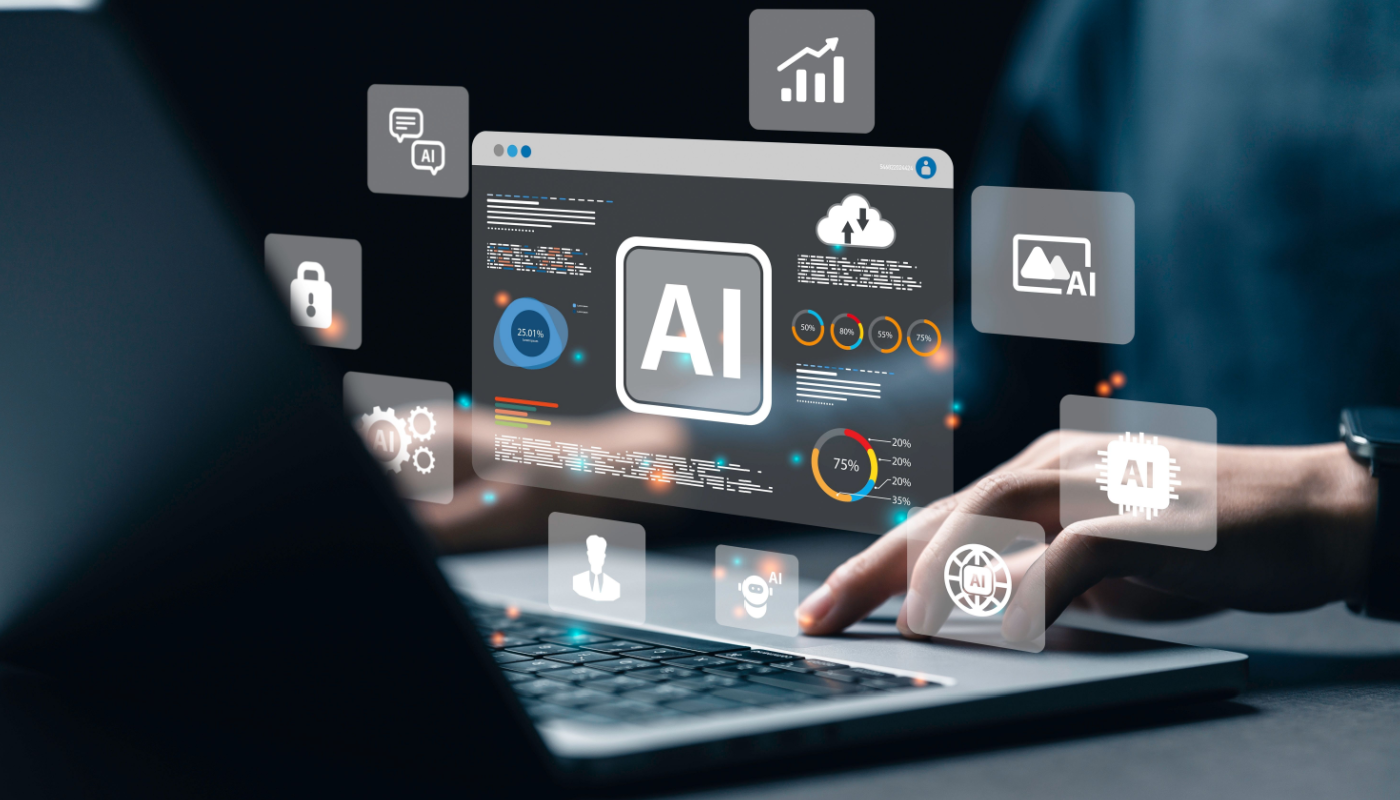One of the mantras of Arkieva over the past 30 years is to successfully integrate decision technology into our software to help our customers with the ongoing challenge of improving organizational performance. This requires a discerning eye to avoid chasing the latest shiny object which is unlikely to have sustainable value. It also requires providing concise information and guidance to customers when a hot topic emerges.
As we start 2025, there is no hotter, vaguer, or hyped topic than Artificial Intelligence (AI). As Arkieva COO, Sujit Singh, mentioned in the breakroom a month ago, the AI question comes up regularly in discussions with customers, industry analysts, partners, holiday parties, playgrounds, investment discussions with friends, etc. And the question diverts attention from making progress.
The first step in making sense out of AI is recognizing AI is a collection of diverse methods for computational intelligence that is a “moving target”. The second is which of these methods has a role in planning an organization’s demand supply network (DSN); aka, supply chain management (SCM).
The starting point to getting a handle in AI is a quality book that pulls the pieces together into a coherent and easy to follow picture. We recommend the book: AI Snake Oil: What Artificial Intelligence Can Do, What It Can’t, and How to Tell the Difference, by Arvind Narayanan and Sayash Kapoor, Princeton University Press.
The first paragraph will immediately catch your interest. “Imagine an alternative universe in which people don’t have words for different forms of transformation – only the collective noun “vehicle.” They use that word to refer to cars, buses, bikes, spacecraft, and all other ways of getting from place A to place B. Conversations in this world are confusing. There are furious debates about whether or not vehicles are environmentally friendly, even though no one realizes that one side of the debate is talking about bike and the other side trucks.”
This book will provide clarity and enjoyment to any reader. Future topics will focus on the application of AI in SCM. For example, use of and limits in the use of advanced methods to estimate demand and the expanding use of agents for planning and scheduling.






